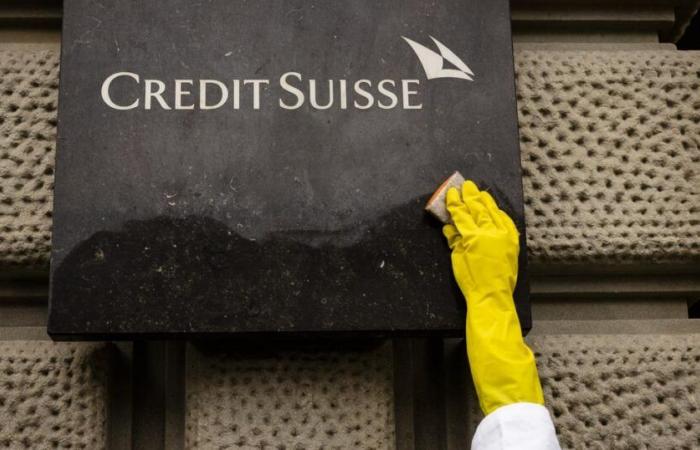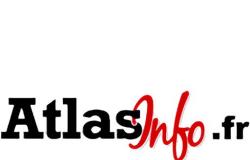An investigation by a US Senate committee has revealed that Credit Suisse allegedly withheld information during previous investigations carried out in the 1990s into bank accounts that belonged to Nazis during the Second World War.
“Tens of thousands of documents discovered as a result of the investigation (…) provide new evidence of the existence of account holders linked to the Nazis, previously unknown or only partially known,” declared Saturday the US Senate Budget Committee.
“The bank did not reveal the existence of these accounts during previous investigations”, carried out in particular in the 1990s, the commission added in its press release.
These revelations follow the discoveries of former prosecutor Neil Barofsky, appointed mediator at Credit Suisse in 2021. He was fired by Credit Suisse in 2022, after the bank had “pressurized (…) so that he limits its investigation,” the Senate committee argued.
Reinstatement of Neil Barofsky after the takeover of CS by UBS
Neil Barofsky was reinstated in 2023 after the takeover of Credit Suisse by its competitor UBS.
His team discovered records that helped identify other Nazi-linked clients, including an account controlled by high-ranking SS officers, according to the Wall Street Journal.
Another observation, Credit Suisse “did not always share the information it held” during previous investigations, indicated Neil Barofsky in a letter sent to the Senate committee in mid-December and made public on Saturday.
A concealment of documents that the mediator claims to have resolved. “My team worked closely with Credit Suisse to ensure that all relevant portions of its surviving records were incorporated into the investigation,” he said.
UBS collaborates
Contacted by AFP, UBS said it was “committed to contributing to a comprehensive inventory of old Nazi-linked accounts previously held at Credit Suisse’s predecessor banks.”
The bank said it was providing “all necessary assistance” to Neil Barofsky “so that he can continue to shed light on this tragic period of history through this investigation.” The Senate committee’s investigation is still ongoing.
By collaborating, this allows UBS to present itself as a transparent, clean bank, ready to shed light on what really happened
In addition, as Douchan Isakov, professor of finance and corporate governance at the University of Fribourg, explains, this collaboration on the part of UBS also reflects a change in culture in the banking environment.
“For UBS, it is almost advantageous to be able to turn the page on the past in this way, by providing means to clarify what there is to know about this era. The message being that this is not “It represents an opportunity to close this chapter and present itself as a transparent, clean bank, ready to shed light on what really happened at that time,” he explained on Sunday. in the RTS show Forum.
>> Listen to the interview with Dusan Isakov in Forum:
Compensation of 1.25 billion
In 1998, as part of the escheated funds affair, Swiss banks agreed to compensate Jews robbed by the Nazis to the tune of $1.25 billion. Some $150 million was ultimately paid out as part of this compensation.
Shortly before, in 1997, the Confederation already created, in a tense context surrounding the affair of dormant funds, the Swiss Fund for the Victims of the Holocaust, a fund of nearly 300 million francs provided by banks and Swiss companies, by the Swiss National Bank and by individuals.
ats/furr/hkr






